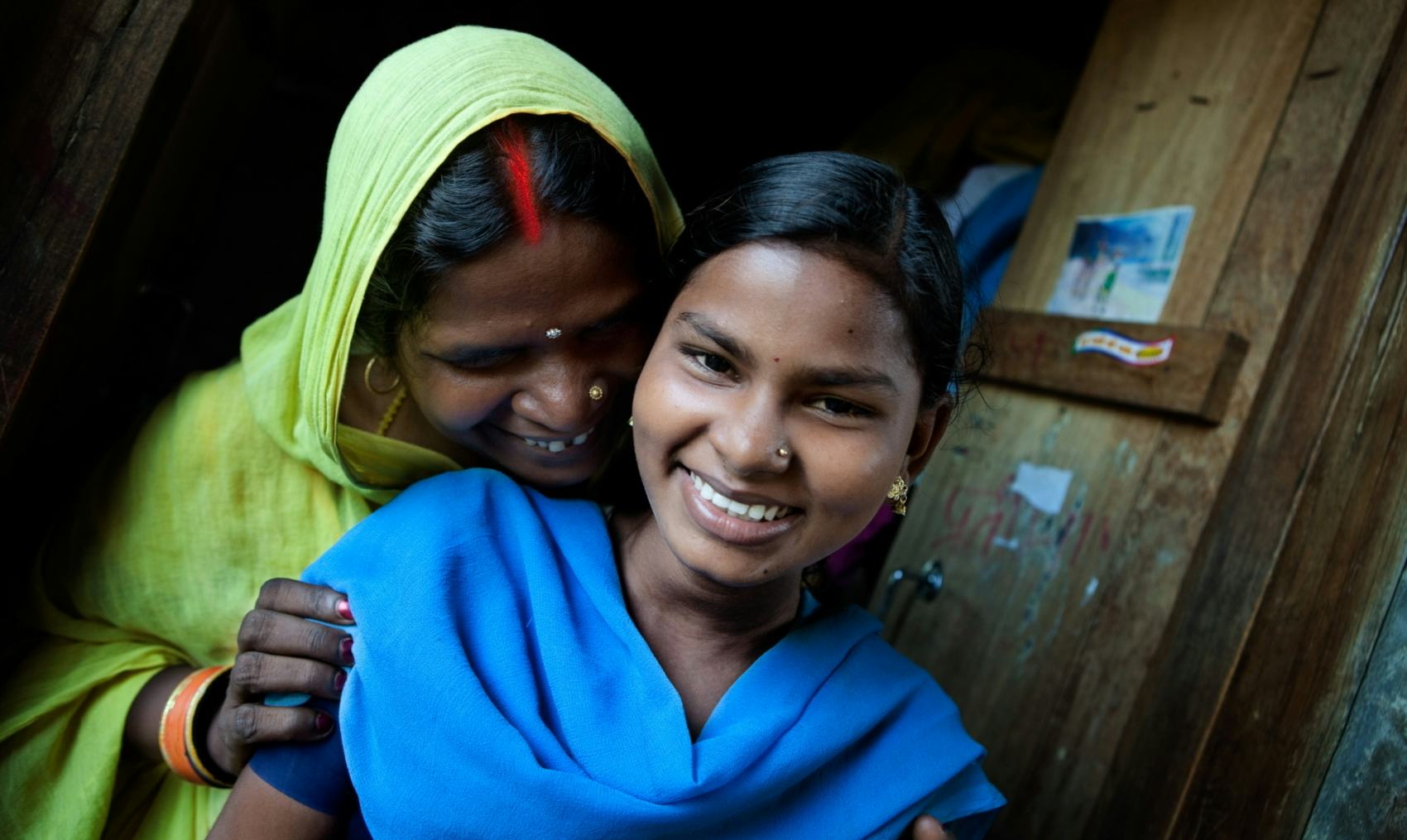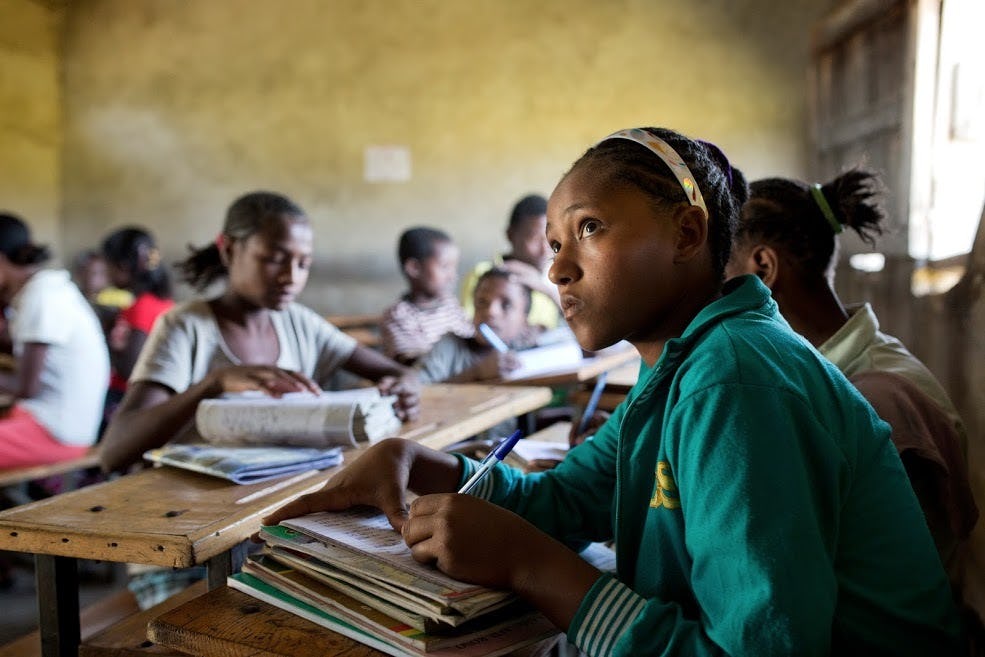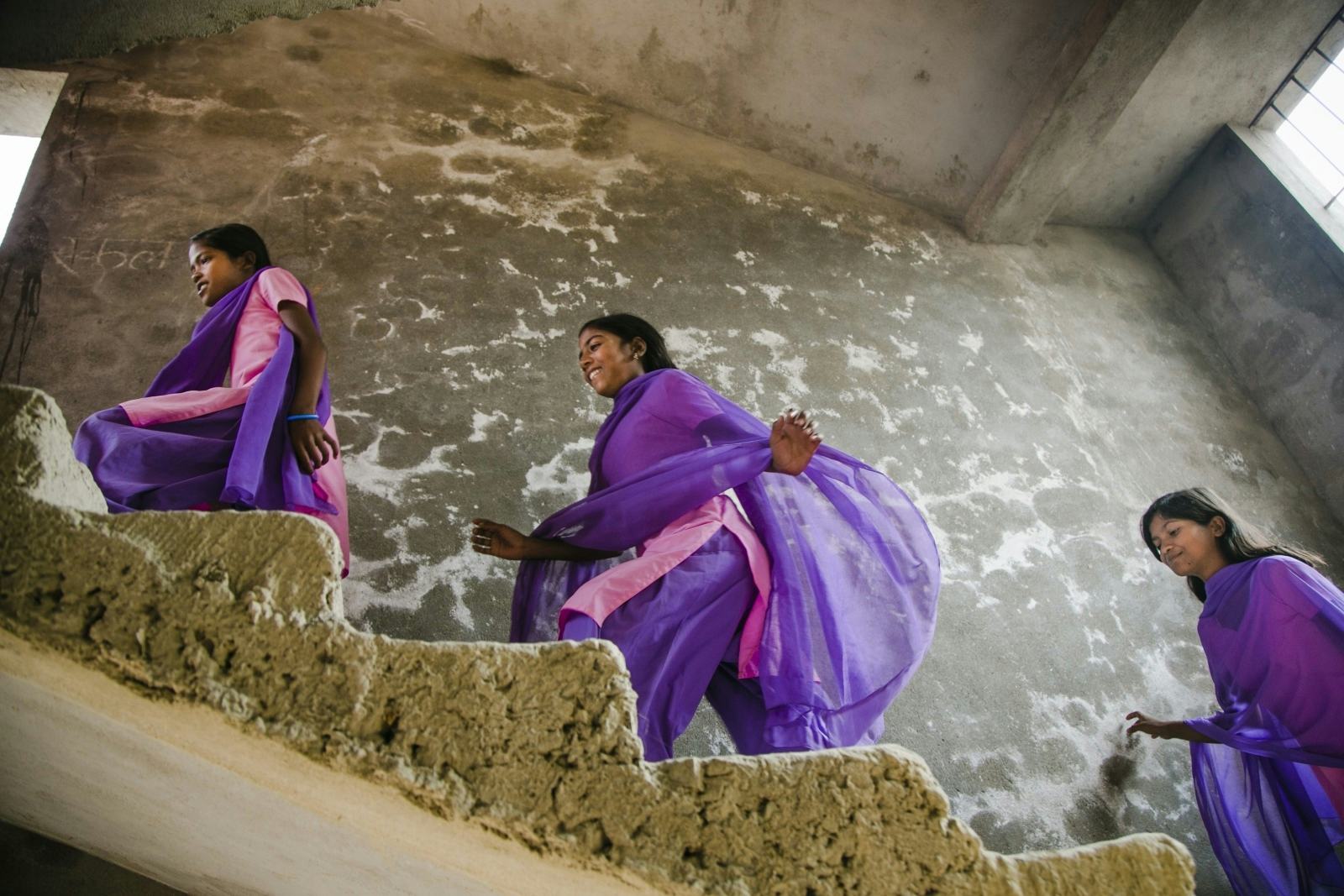In 2013, together with partners Walk Free and Humanity United, Legatum founded the Freedom Fund to support the most effective community-based initiatives working to eradicate modern-day slavery in regions where it is most prevalent. Since then, the frontline organisations supported by the Fund have impacted the lives of over 1.5 million people, in the process liberating over 30,000 people and enabling over 190,000 at-risk children to return to full-time schooling.

A decade later, in June 2023, I travelled to Ethiopia with a group of six other Legatum staff members to witness the work of the Freedom Fund’s local partners in action, visiting programmes that provide care and rehabilitation for returning Overseas Domestic Workers and children who have been freed from exploitative, and often abusive, domestic work within the country. We also met with several representatives from the Ethiopian government to hear how they are supporting the Freedom Fund’s work.
Agar Women’s Shelter
It is estimated that over 100,000 migrant workers return to Ethiopia each year, some of whom have experienced modern slavery, extreme exploitation, and abuse. Agar Ethiopia provides a recovery pathway for female survivors of human trafficking, most of whom have returned to Ethiopia after finding themselves exploited during overseas work in the Middle East. During the visit to Agar’s shelter in Addis Ababa, the group was humbled and honoured to meet many survivors who described both their experiences of exploitation and rehabilitation. While many a harrowing story was told of unpaid labour, relentless work without rest or food, and abuse, the underlying story was one of optimism. We were struck by the incredible resilience and bravery of these women who had experienced terrible suffering but, thanks to the programme’s support, were now looking ahead to a future of hope and prosperity.

One of the managers of Agar Ethiopia explains their four-stage process for resettlement.

The women at Agar are taught vocational skills which will hopefully lead to gainful employment or small businesses.
The Thrive Programme
Thrive focuses on the next stage of rehabilitation by upskilling returning female workers so they can qualify for high-quality jobs in Addis Ababa. While Thrive also provides recovery services such as psychosocial counselling for these women, its main focus is on vocational training over a three-month programme to prepare them for work in the hospitality sector, with the objective of securing a permanent role with a carefully vetted employer, such as an international hotel. We saw how the programme develops the personal confidence of every woman involved, fostering a supportive community, and equipping them with the necessary skills to embark on a new chapter in their lives through fairly compensated employment.
OPRIFS Shelter
The Organisation for Prevention, Rehabilitation, and Integration of Female Street Children (OPRIFS) is a shelter for young girls aged between 5 and 17 who have been removed from domestic servitude, and were often subject to forced labour, trafficking, or sexual and violent abuse. The OPRIFS team provide a recovery and re-integration programme that includes the provision of legal services to secure convictions in cases of abuse, and counselling for children who have experienced extreme suffering. The programme’s ultimate objective is for the children to be reintegrated into their home communities under the close supervision of the team. After the tour of the shelter, the children greeted us with a wonderful performance of dance and music that lit up the room! It was utterly inspiring to see the transformation of these young lives and the impact of the Freedom Fund’s vital support of this exceptional programme.

The Legatum, Freedom Fund and OPRIFS teams outside the shelter. We left with these beautiful flowers handmade by the young girls staying there.
Representatives from Government Ministries of Ethiopia
Our group was then hosted by the Ministry of Women and Social Affairs, to learn about the Government’s strategy to tackle unregulated migration and how it co-operates with non-profit organisations such as the Freedom Fund. Clearly, the scale of the problem in Ethiopia is vast but it was heartening to hear how high on the Government’s agenda it now is, with a cross-departmental effort which includes the Ministries of Justice, Labour, and Foreign Affairs. The Freedom Fund has been instrumental in mobilising this government strategy by sharing data and demonstrating the success of its programmes on the ground, which is a huge credit to the Fund’s local leadership team. It also shows that the Fund’s community-based approach, working with local initiatives that already provide solutions to their communities, can transform how the government thinks about big strategic challenges.

Reflections on the Field Trip
Above all, this field trip provided an amazing opportunity to see how programmes supported by the Freedom Fund can transform individual lives at scale.
Legatum has always believed in the infinite value of every human being and that local communities are best qualified to provide the solutions that their people need to live fulfilled lives. We met women and children who, through modern slavery, had been denied everything in life, including their personal freedom and a sense of being alive, and we were privileged to see them progressing towards recovery under the loving care and supervision of expert programme teams on the ground.
We also saw that this bottom-up approach to development can only scale at national level with the active support and engagement of government agencies who need to change laws, ensure effective regulation, and invest in tackling this kind of huge strategic challenge. This is why Legatum’s strategy achieves results and why it will continue to transform individual lives for the better wherever we allocate resources.
Dubai International Financial Centre
Dubai, United Arab Emirates




